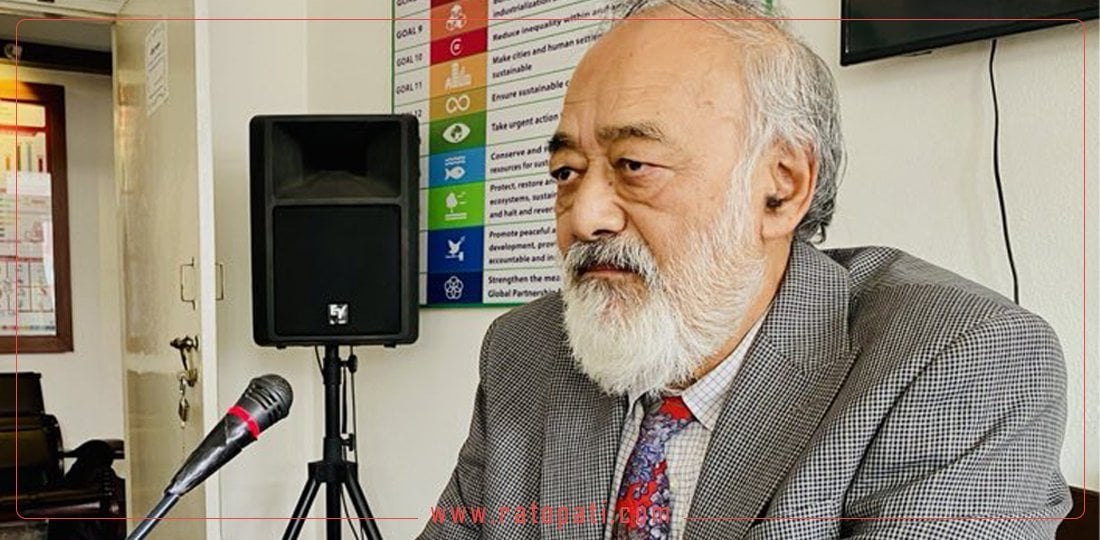Proposed ambassador Shrestha refutes constitutional violation claims

Kathmandu, September 4 — Professor Dr. Kapilman Shrestha, the proposed ambassador to South Africa, has challenged critics to prove that his appointment violates the constitution.
During a parliamentary hearing at the Federal Parliament Secretariat in Singhadarbar on Wednesday, Shrestha responded to MPs who questioned the constitutionality of his appointment. He challenged them to specify which constitutional provision disqualifies him.
Shrestha referred to Article 248 (8) of the Constitution of Nepal, which prohibits individuals who have served on other constitutional commissions, not only the Election Commission, from being appointed to government positions. He noted that this provision has been in place since the 2019 constitution.
Shrestha cited the example of Surya Prasad Shrestha, who served as head of the Election Commission in 2048 and was later appointed as ambassador to Britain. He argued that his own appointment was political rather than a government service role, and thus did not breach constitutional rules.
He claimed that Article 248 (8) allows for political appointments for those who has served in the constitutional commissions, and since he was initially appointed in a political capacity and only entered government service after parliamentary approval, his appointment should not be considered unconstitutional.
Most MPs on the committee questioned how a member of the National Human Rights Commission could transition to a government role. Shrestha defended his appointment by citing historical precedents and asserting that his political appointment does not conflict with constitutional provisions.
He acknowledged that there might be some confusion about constitutional interpretations but maintained that his appointment aligns with the constitution. He emphasized that political matters are addressed at the time of appointment, while government service status applies afterward. Shrestha expressed confidence that any errors in the appointment process, if identified, would be subject to further discussion among legal experts.
He also reassured that, in his practical experience, he has upheld human rights principles and has no intention of acting contrary to those values in the future.










Leave Comment